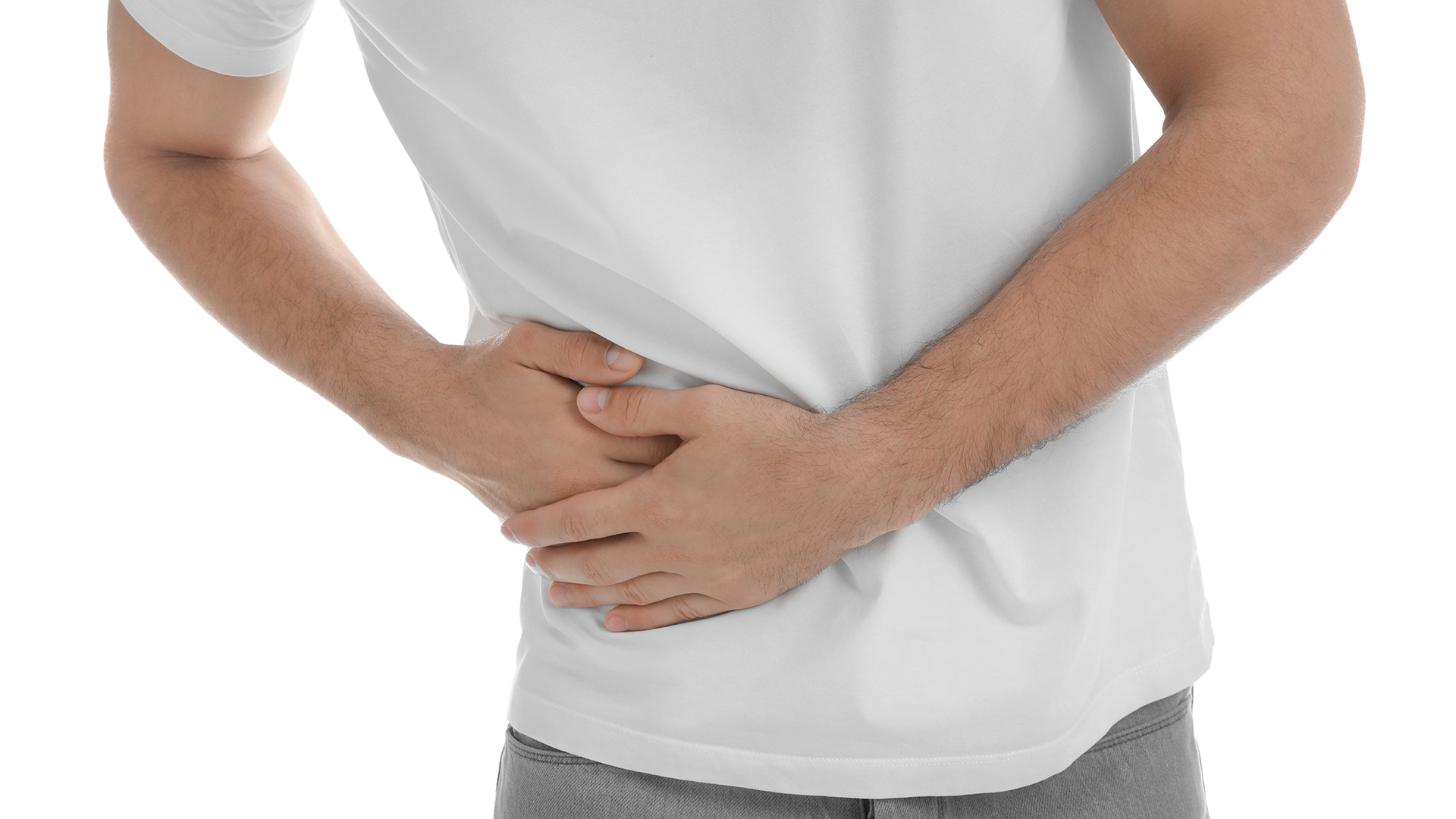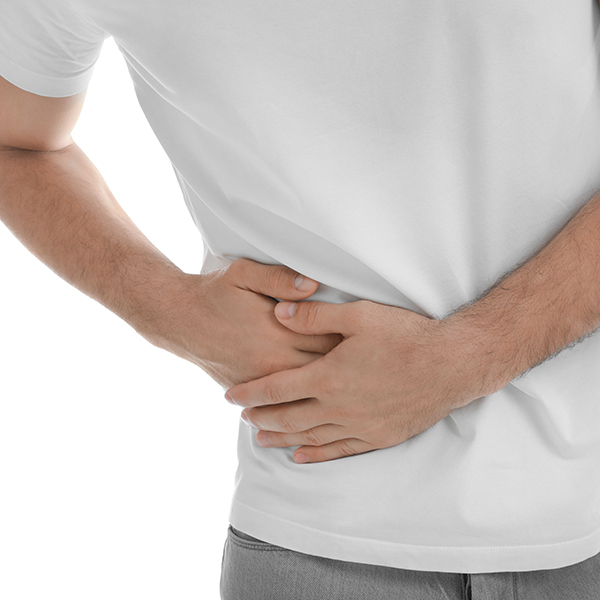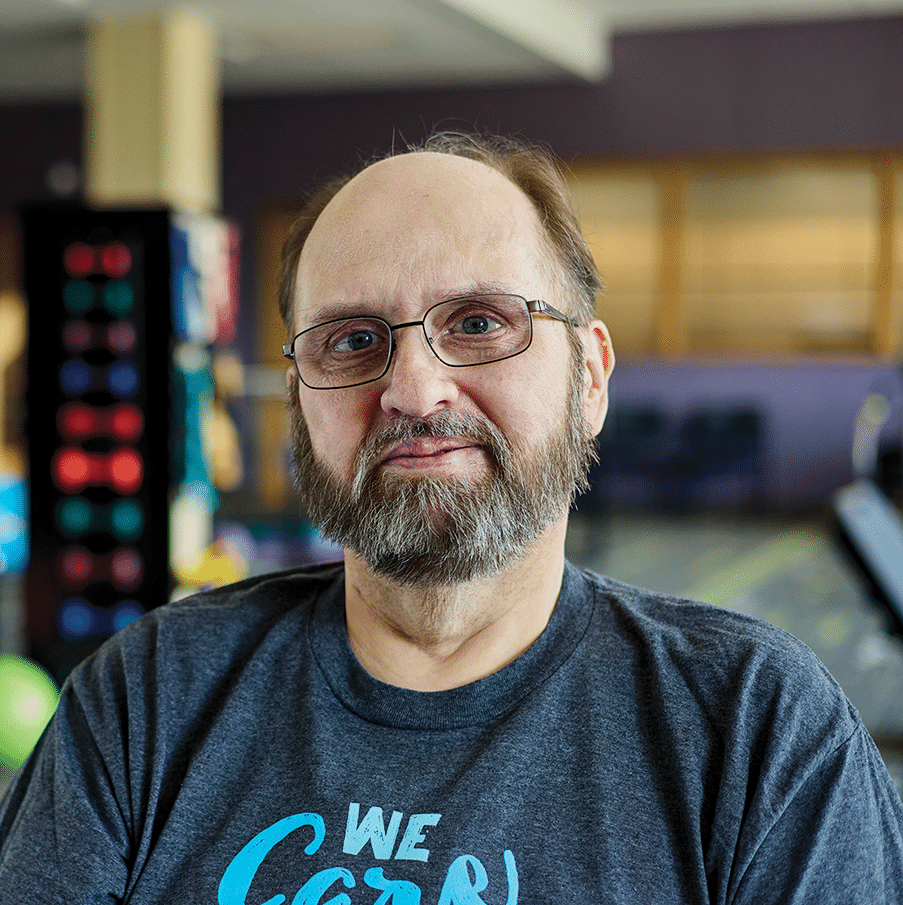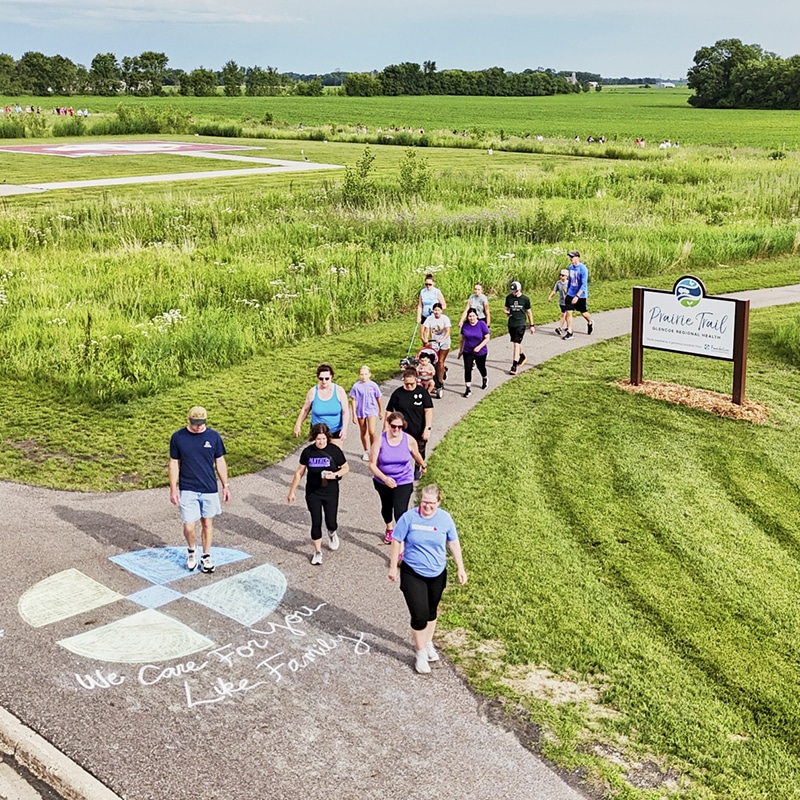
Kidney stones can be excruciatingly painful and disrupt daily life. Understanding the symptoms, causes, and treatment options is helpful for effectively managing this condition.
Kidney Stones Symptoms:
Kidney stones may appear with various symptoms, which can include:
- severe pain in the back, side, or lower abdomen
- pain during urination
- discolored or foul-smelling urine
- frequent urination
- blood in the urine
Kidney Stones Causes:
Kidney stones can develop due to various factors, including:
- Dehydration: Insufficient fluid intake can lead to concentrated urine, increasing the risk of stone formation.
- Diet: Diets high in sodium, protein, and oxalate-rich foods (such as spinach, nuts, and chocolate) may contribute to stone formation.
- Family history: A family history of kidney stones can increase your risk of developing them.
- Certain medical conditions: Conditions such as urinary tract infections, gout, and certain metabolic disorders can increase the likelihood of kidney stone formation.
Passing a Kidney Stone:
Smaller stones can be passed naturally with the help of over-the-counter pain relievers and by drinking plenty of water. Warm compresses and hot baths may also provide some relief.
The process of passing a kidney stone can vary from person to person. Smaller stones may pass within a few days to a few weeks, while larger stones may take longer. During this period, you can expect intermittent pain as the stone moves through the urinary tract.
When to Seek Medical Attention:
If you are having trouble passing a stone or notice any alarming symptoms, seek immediate medical attention. The Emergency Room at Glencoe Regional Health is open 24 hours a day, 7 days a week.
Diagnosing Kidney Stones:
If you suspect you have kidney stones, your medical provider may conduct a physical examination, ask about your medical history, and recommend diagnostic tests such as ultrasound, CT scan, or X-rays to confirm the presence and size of the stones.
Kidney Stones Treatment:
For larger or more complex kidney stones that cannot be passed naturally, medical intervention by a urologist may be necessary. Common treatments include:
- Extracorporeal Shock Wave Lithotripsy (ESWL): This non-invasive procedure uses shock waves to break down kidney stones into smaller pieces, facilitating their passage through the urinary tract.
- Ureteroscopy: In this procedure, a thin, flexible tube with a camera is inserted through the urethra and bladder to reach the stone. The stone is then removed or broken using laser energy.
- Percutaneous Nephrolithotomy (PCNL): This procedure involves making a small incision in the back to access and remove larger kidney stones.
- Surgery: In rare cases, surgery may be required to remove particularly large or complex kidney stones.
Kidney Stones Prevention:
Preventing kidney stones involves adopting a healthy lifestyle and making dietary changes:
- Stay Hydrated: Drink plenty of water throughout the day to keep urine dilute and reduce the risk of stone formation.
- Limit Sodium and Protein: Reduce your intake of salt and animal proteins to prevent the build-up of stone-forming substances in the kidneys.
- Moderate Oxalate-rich Foods: While limiting oxalate-rich foods is essential, do not eliminate them entirely, as some are important for a balanced diet.
- Choose a Balanced Diet: Consume a diet rich in fruits, vegetables, and whole grains to promote overall kidney health.
If you have experienced reoccurring kidney stones, please make an appointment with our Urologist at Glencoe Regional Health who will work with you to receive through evaluation and appropriate treatment. To schedule, call 320-864-7816.





